You can read part one here.
Thomas Jefferson’s vision of an uncorrupted U.S. society depended on the availability of vacant land. Once we run out of real estate, the government becomes corrupt and it’s game over for the American Dream. To be sure, there is still plenty of land left in the United States that is vacant. But much of that land is uninhabitable, such as our vast deserts, which are not arable in the way Jefferson would have enjoyed.
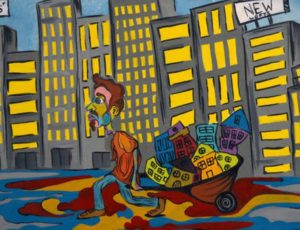 Furthermore, civilization depends on cities. Man is a social animal. In order to obtain employment, men must live alongside other men. It is impossible for 300 million Americans to live in the boondocks, tapping into well water and filling up their septic tank. And what shall happen when the population doubles to 600 million some day? A “rural America” will well nigh be impossible.
Furthermore, civilization depends on cities. Man is a social animal. In order to obtain employment, men must live alongside other men. It is impossible for 300 million Americans to live in the boondocks, tapping into well water and filling up their septic tank. And what shall happen when the population doubles to 600 million some day? A “rural America” will well nigh be impossible.
Suburbia is an excellent example of the hasty un-thought-out spread of American society. First of all, thanks to the social engineers of the 20th century, large numbers of minorities were artificially imported into the heart of cities, stirring the settled urban population and inducing them to move to the fringes of the metropolis. Thanks to this “white flight,” cities now take on a special form–a series of suburban communities branched off of a central urban core that is filled with replacements of the original populace.
Secondly, we can add the messy phenomenon of gentrification–a process by which (typically) un-rooted Leftists who yearn to be edgy move into these dilapidated, blighted, urban neighborhoods that the original citizens abandoned generations ago. When this occurs, the property value of the district goes up, along with living standards and more expensive taxes, thus driving away the poorer minorities who replaced the original population.
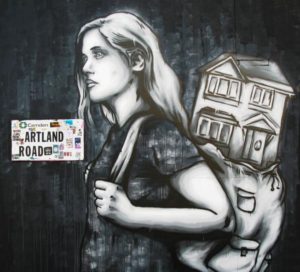 Third, to complicate matters further, ever since the Obama era, immigrants have been literally imported directly into suburban holdouts. The group who originally fled from the city is now additionally under the assault of an invasion from a completely un-American body of imported people. So now, we have reached a point in which there is nowhere else to go, and “white flight” is no longer an option.
Third, to complicate matters further, ever since the Obama era, immigrants have been literally imported directly into suburban holdouts. The group who originally fled from the city is now additionally under the assault of an invasion from a completely un-American body of imported people. So now, we have reached a point in which there is nowhere else to go, and “white flight” is no longer an option.
Thomas Jefferson would have despised our cities. They are a humanitarian disaster. He referred to urban commoners–those masses of people in European cities–as canaille. The idea of the canaille of big cities tortured the mind of Jefferson:
Every one by his property, or by his satisfactory situation, is interested in the support of law and order. And such men may safely and adavantageously reserve to themselves wholesome control over their public affairs, and a degree of freedom, which in the hands of the canaille of the cities of Europe, would be instantly perverted to the demolition and destruction of everything public.
Jefferson rejected the urban proletariat. He despised the idea of cities. To this particular American Founder, a metropolis was just one, big, confusing mess. He wanted to wash his hands of the whole idea of large cities:
The mobs of great cities add just so much to the support of pure government, as sores do to the strength of the human body. …I consider the class of artificers as the panderers of vice, and the instruments by which the liberties of a country are generally overturned.
Jefferson, the Agrarian Romantic, wanted a rural aristocracy, and a continent of small towns and farms. He refused to conceive of how to even deal with the problems a city presented. His approach to cities was like that of a grown adult who refused to do math and pay bills. Rather, his answer was for Americans to just continue expanding, spreading, gobbling up territory and real estate. By the time societal issues had compounded upon one another, Thomas Jefferson and his fellow Founders would be long dead, having enjoyed the sweet virgin lands of post-colonial America.
As for us, here in the 21st Century, we’ve inherited a wasteland.
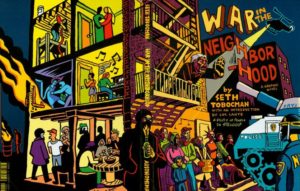

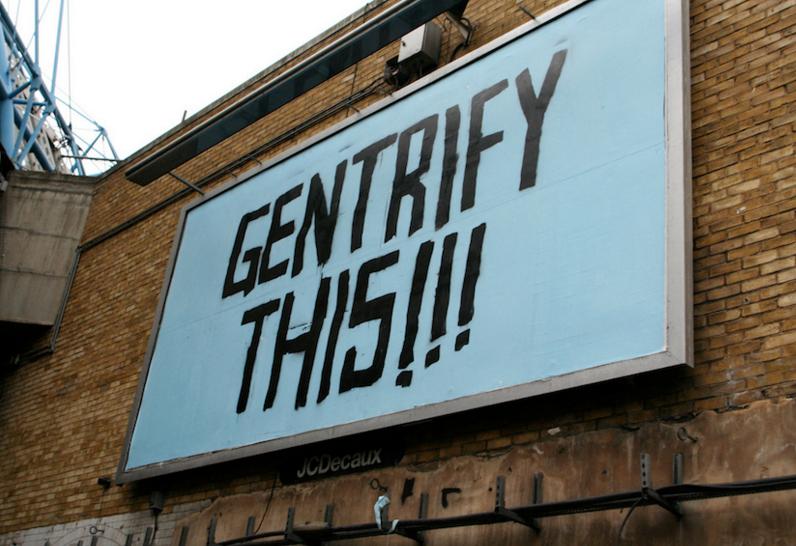
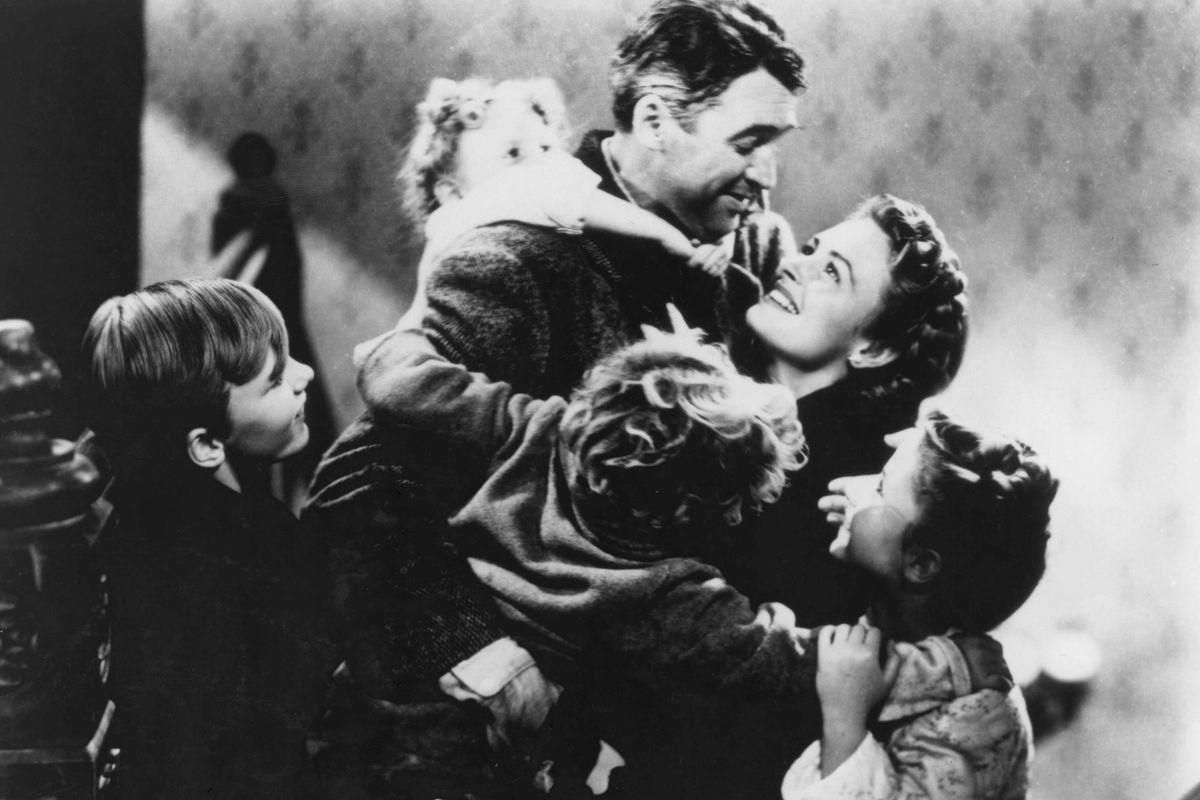
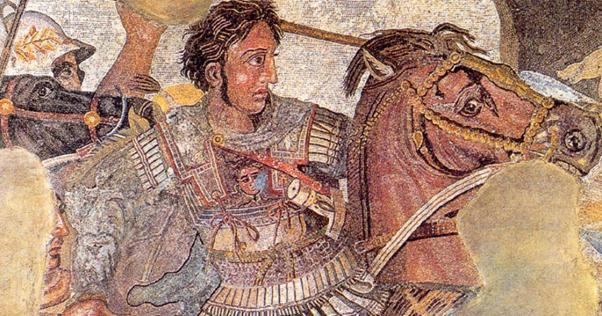
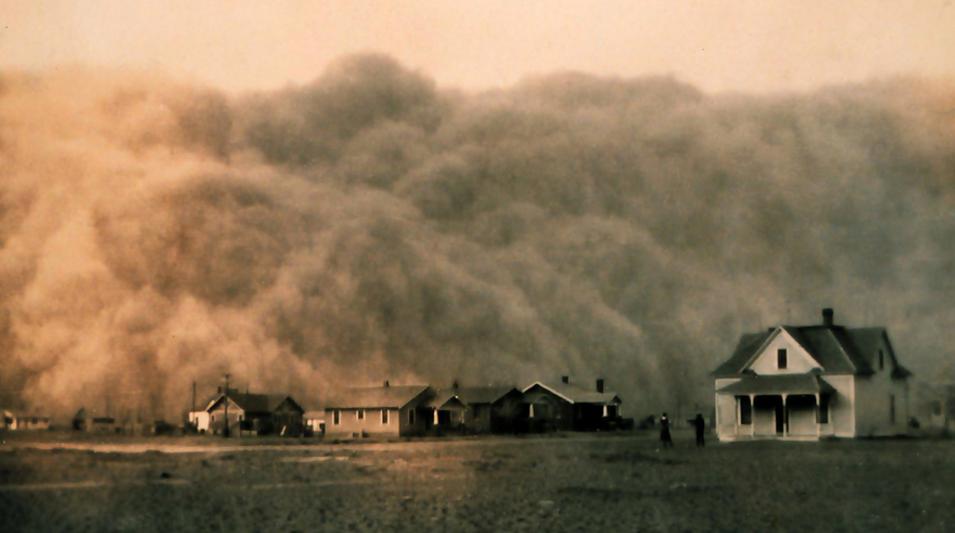


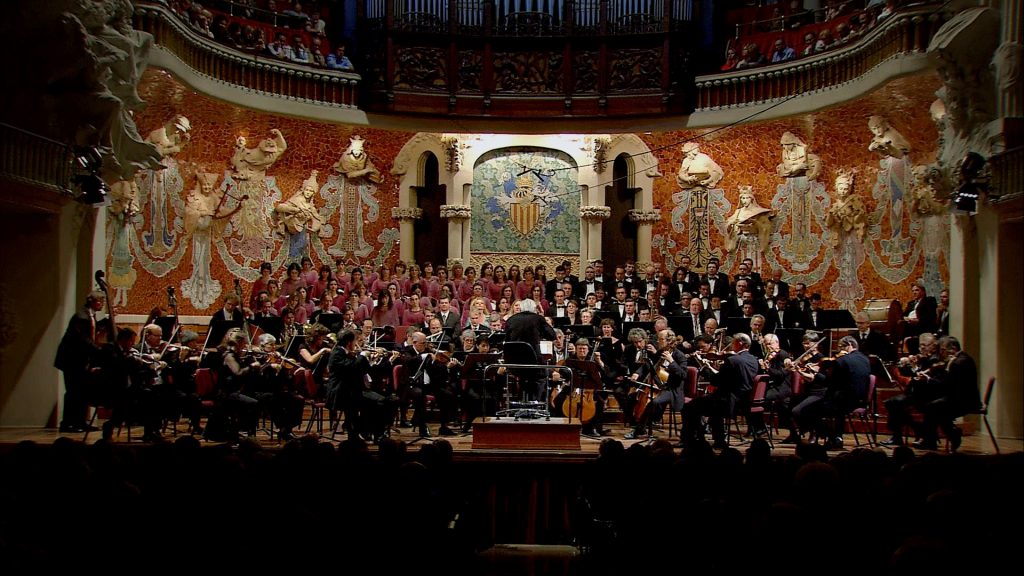






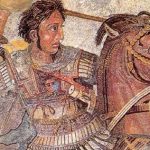
5
5
3
[…] 2 A Roman Easter Story for Dejected Trump Voters Thomas Jefferson on America’s Expiration Locusts American Locust Phenomenon: Supersized America, The Unsustainable Even British Clergy Wanted Alfie […]